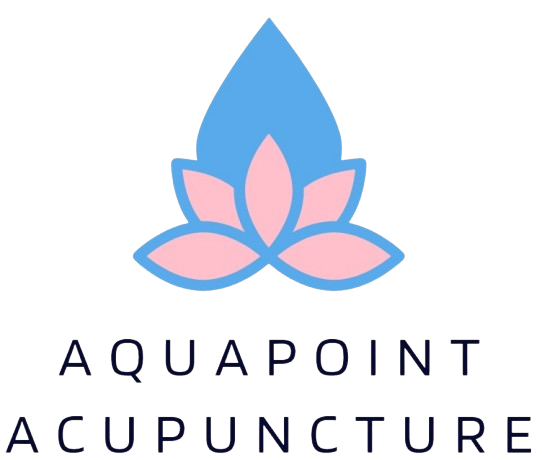FAQs
Is acupuncture painful?
Acupuncture is generally not painful, though you may feel a brief pinch or mild tingling when the very thin needles are inserted. Most people describe the sensation as minimal—more like pressure, warmth, or a dull ache rather than sharp pain. Once the needles are in place, discomfort usually fades, and many find the experience relaxing or even soothing. Occasional side effects like minor soreness or light bruising can occur, but they’re uncommon.
How does acupuncture work?
Acupuncture works by stimulating specific points on the body—called acupuncture points—using very thin needles to promote healing and balance. In traditional Chinese medicine (TCM), these points lie along pathways called meridians, through which vital energy, or Qi (“chee”), flows. Illness or pain is believed to result from blockages or imbalances in this flow. By inserting needles at specific points, acupuncture aims to restore the smooth flow of Qi, supporting the body’s natural healing processes.
From a modern medical perspective, acupuncture may stimulate nerves, muscles, and connective tissue, boosting blood flow and triggering the release of natural painkillers like endorphins and neurotransmitters.
Imagine your body's energy like a river—when blockages build up like dams, the flow is disrupted. Acupuncture helps remove these dams, allowing energy to flow freely and nourish the body, just as a clear river nourishes everything along its path.
Why acupuncture is safe?
Acupuncture is considered safe when performed by licensed acupuncturist, largely because it uses single-use, disposable, sterile needles, which eliminates the risk of infection or disease transmission. The needles are extremely thin and minimally invasive, greatly reducing the chance of injury or significant discomfort. Acupuncturists follow strict hygiene and safety protocols, and they are trained to avoid sensitive areas of the body. With proper technique and equipment, acupuncture has a strong safety record and is widely regarded as a low-risk form of treatment.
How many treatments?
Many acute conditions often improve quickly, sometimes after just one or two acupuncture sessions. For chronic issues, we generally recommend starting with a few weekly treatments to assess how well acupuncture is working, though the total number of sessions needed varies greatly from person to person. At your first appointment, we’ll provide a clear assessment of your condition and recommend an initial treatment plan tailored to you.
More complex or slow-healing conditions may benefit from ongoing regular sessions, while others may transition to occasional, as-needed treatments once symptoms ease. Also, many patients enjoy the relaxing and preventive benefits of acupuncture and choose to continue treatments regularly—whether weekly, monthly, or seasonally—to maintain their well-being.
Is acupuncture the same as dry needling?
Acupuncture and dry needling both use thin needles, but they’re not the same. Acupuncture is a traditional Chinese medicine practice that targets specific points along the meridians to balance Qi and promote overall health.
Dry needling, on the other hand, is a Western technique used mainly by physical therapists to target tight muscles or “trigger points” to relieve pain and improve movement. While acupuncture focuses on holistic healing and energy balance, dry needling is more focused on treating muscular pain and dysfunction. The techniques, goals, and underlying philosophies differ, even though the tools may look similar.
What are the side effects?
Common side effects of acupuncture are usually mild and temporary. They can include slight soreness or tenderness at the needle sites, minor bruising, light bleeding, or mild swelling. Some people might feel a bit dizzy, tired, or relaxed after a session. If you experience severe pain, prolonged bleeding, or signs of infection, you should seek medical attention. Overall, acupuncture is considered a safe treatment with minimal risks.

